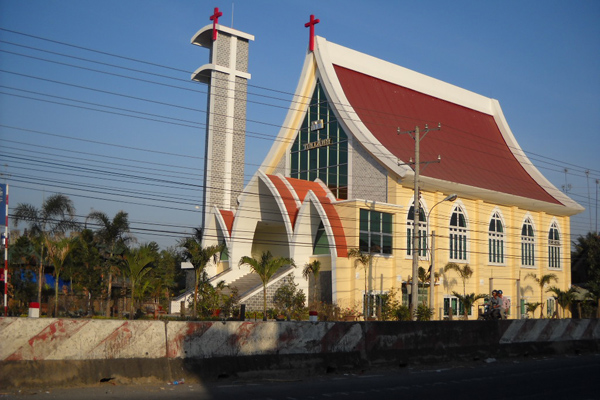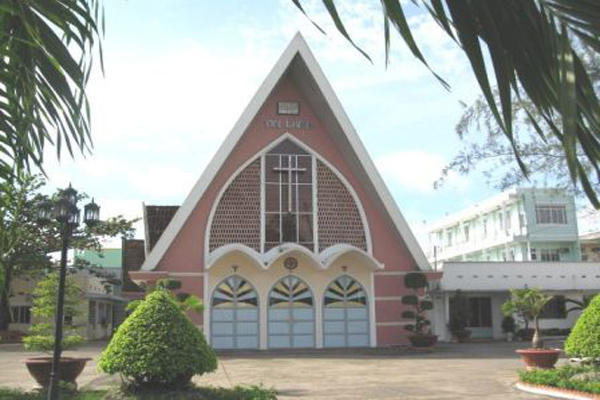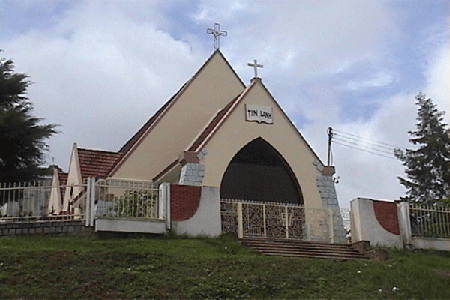The religious reformation in Europe in the sixteenth and seventeenth centuries that led to the establishment of Protestantism was historically inevitable and was motivated by a series of religious, political, economic...
The religious reformation in Europe in the sixteenth and seventeenth centuries that led to the establishment of Protestantism was historically inevitable and was motivated by a series of religious, political, economic, cultural and ideological factors. In terms of religion, the Protestant reformation was a backlash against the perceived corruption of the Catholic Church. In terms of society, it was the politic struggle of a new middle class against feudalism. In terms of culture and thought, it was encouraged by the Renaissance, humanism and nationalism in Europe. The birth of Protestantism contributed to bringing Europe out of the medieval stagnancy under the rule of feudalism and the Catholic Church. Particularly, it gave an outline of democratic thought, which was later inherited by the middle class to build up democracy. The Protestant reformation in the modern history of Europe was compared to the English bourgeois revolution (1640) and the French bourgeois revolution (1789) by historians. The reformation and the two revolutions mentioned above were considered three great wars of the middle class against feudalism.
During its development, Protestantism has experienced some noticeable stages as follows: At birth, it was suppressed by feudalism and envied by the Catholic Church. In the seventeenth and eighteenth centuries, its spread crossed the border of Europe. In the nineteenth century, it was in rapid development in America thanks to the movement of religious renaissance here. Its expansion was extended during the two world wars and the process of industrialization in the late twentieth and early twenty-first centuries.
Shortly after its birth in Europe, Protestantism was quickly disseminated to the outside world, mainly to North America. Thanks to the favorable climate and its suitability with the ideas of liberty there, Protestantism developed rapidly and formed many sects. Then these Protestant sects from North America, mainly from the United States of America, found their ways back to Europe and eventually encompassed areas all over the world.

Generally, Protestantism is different from Catholicism in three aspects: doctrine, regulations and rites, and organization. In terms of doctrine and worship, Protestantism is basically similar to Catholicism since both are based on the Bible. However, it is believed in Protestantism that Maria was virgin until the birth of Jesus Christ, not for her whole life. Consequently, she is respected but not venerated or worshipped by Protestants as she is by Catholics. Besides, Protestants believe in heaven and hell, but they do not believe in purgatory. They also feel that images and pictures should not be worshiped. In terms of regulations and rites, most Protestants only perform two out of the seven Catholic sacraments (Baptism and Holy Communion), but they reduce the sacredness and miracle in them. Furthermore, they dignify faith and individualism and do not rely much on rites, places of worship and religious titles. Protestants practice their religion through the direct contact with the Bible and attach special attention to the knowledge of religious reasons rather than that of religious rites as Catholics do. In addition, Protestants are against smoking, drinking and gambling. They believe in monogamy in marriage, practice economy and obey the administration and law as taught in the Bible.
In terms of organization, while Catholicism has a common organization called the Catholic Church, Protestantism consists of nearly three hundred sects and a thousand independent congregations. Protestantism does not apply absolute monarchy in administration (which means power lies in the hands of a single man) but follows a democratic mechanism. Accordingly, Protestant authorities are appointed by democratic elections. Church leaders like pastors and missionaries do not need to remain single. They do not have theocratic power and have to work under the supervision of Protestant followers through an annual vote of confidence.
With the aforementioned contents of reformation, Protestantism had new colors that were suitable for the lifestyle of the middle and lower middle classes, intellectuals and city- dwellers in the industrial society. Moreover, since Protestantism adopted an active and healthy lifestyle and fostered democratic organizations, it could approach those who were culturally uncivilized or polytheists.

Protestantism has a dynamic course of action and always makes changes in both form and content to suit the social context.
Particularly, it pays much attention to and actively participates in social activities, especially those related to charity, as a means of evangelizing and extending. This not only increases its attraction and prestige but also enables it to approach and coexist with different political institutions in any country in the world.
Although Protestantism is appreciated as a progressive, active and adaptable religion, some of its sects remain conservative, especially in terms of culture and lifestyle. Some Protestant sects try to establish a monopoly; completely deny all the cultural values, beliefs, customs and practices; and even ostracize Catholic sects in places where Protestantism is firmly rooted. This rigid and conservative attitude has resulted in cultural conflicts between the Protestant and traditional cultures and beliefs.
Currently, there are approximately 550 million Protestant followers in more than 130 nations of all continents. Most of them live in West Europe, North Europe and North America (mainly in the United States of America). Korea is the Asian nation with the largest number of Protestants, making up 40 percent of its population.



